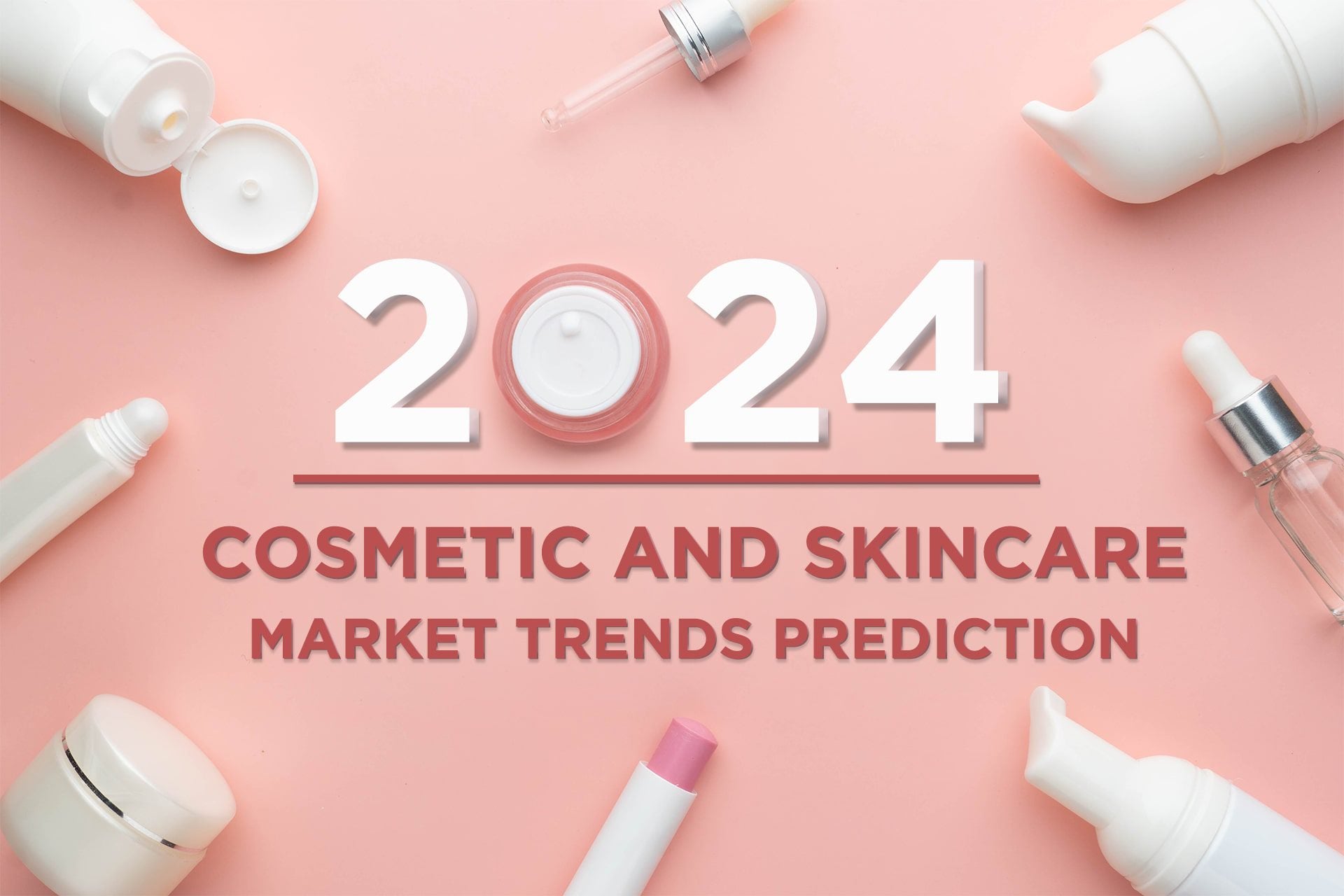"Navigating the Future: Key Trends Shaping the Cosmetics Industry"

Trending News and Developments in Cosmetics
The cosmetics industry is constantly evolving, driven by consumer demand, technological advancements, and ever-changing trends. As of the latest updates, the industry is experiencing significant shifts that are shaping the future of beauty and personal care products.
Innovations in Skincare
One of the most prominent trends in the cosmetics market today is the focus on advanced skincare products. Consumers are increasingly looking for products that not only enhance their appearance but also improve the health of their skin. This shift has led to the popularity of ingredients like hyaluronic acid, retinol, and vitamin C, which are known for their anti-aging and hydrating properties.
Moreover, biotechnology is playing a crucial role in the development of new skincare solutions. Companies are leveraging the power of bioengineered ingredients to create products that deliver targeted benefits. For instance, peptides, which are small chains of amino acids, are being used to stimulate collagen production and reduce signs of aging.
Sustainable Beauty
Environmental consciousness is another driving force in the cosmetics industry. There is a growing demand for sustainable beauty products, which has led to a surge in eco-friendly and ethically-produced items. Consumers are now more aware of the impact of their purchases on the environment and are seeking products that align with their values.
Brands are responding by adopting sustainable practices such as using biodegradable packaging, reducing water usage, and sourcing ingredients responsibly. Furthermore, the rise of the "clean beauty" movement highlights products that are free from harmful chemicals and prioritize transparency in their formulations.
The Rise of Personalized Beauty
Personalization is becoming a key trend in the cosmetics industry. Advances in technology have enabled brands to offer customized products tailored to individual needs and preferences. From skincare regimens based on genetic testing to makeup shades that match a person's unique skin tone, personalization is enhancing the consumer experience.
Artificial intelligence (AI) and machine learning are also being utilized to analyze consumer data and predict trends. These technologies allow brands to stay ahead of the curve by understanding what their customers want and delivering products that meet those needs.
Digital Transformation
The digital transformation of the cosmetics industry has been accelerated by the COVID-19 pandemic. With more consumers shopping online, brands are investing in digital platforms to enhance their online presence. Virtual try-on tools, augmented reality (AR), and social media marketing are becoming essential components of the digital strategy for cosmetics companies.
These tools not only provide a convenient shopping experience but also help consumers make informed decisions. For example, virtual try-on tools allow users to see how makeup products will look on their faces before making a purchase, reducing the likelihood of returns and increasing customer satisfaction.
Inclusive Beauty
Inclusivity is gaining prominence in the beauty industry, with brands expanding their product lines to cater to a diverse range of skin tones and types. The push for inclusivity is driven by a growing recognition of the need for representation and the understanding that beauty comes in all forms.
This shift has led to the creation of foundation ranges with extensive shade options and skincare products that address the specific concerns of different ethnicities. By embracing inclusivity, brands are building stronger connections with their consumers and promoting a more inclusive definition of beauty.
Emerging Markets
Emerging markets, particularly in Asia, are becoming key players in the global cosmetics industry. Countries like South Korea and Japan are renowned for their innovative beauty products and skincare routines. K-beauty and J-beauty trends have gained international popularity, influencing beauty standards and practices worldwide.
These markets are characterized by their emphasis on skincare and the use of unique ingredients. For instance, products containing snail mucin, rice water, and fermented extracts are staples in Asian beauty routines. The success of these trends is prompting global brands to incorporate similar elements into their product lines.
Health and Wellness Integration
The integration of health and wellness with beauty is another noteworthy trend. Consumers are increasingly viewing beauty products as an extension of their overall wellbeing. This holistic approach has led to the popularity of supplements, beauty drinks, and products that promote mental and emotional wellness.
Adaptogens, CBD, and probiotics are some of the ingredients making their way into beauty products due to their health benefits. Brands are marketing these products as ways to achieve not only external beauty but also internal harmony.
Future Outlook
The cosmetics industry is poised for continued growth and innovation. With the advancement of technology, increasing demand for sustainable and inclusive products, and the influence of emerging markets, the landscape of beauty and personal care is set to become even more dynamic.
Companies that can effectively respond to these trends and adapt to the changing preferences of consumers will thrive in this competitive environment. The focus will likely remain on creating products that enhance both appearance and wellbeing, offering personalized and sustainable solutions that resonate with a diverse audience.
In conclusion, the cosmetics industry is undergoing a transformation driven by innovation, sustainability, personalization, digital advancements, inclusivity, and the integration of health and wellness. As consumers continue to seek products that align with their values and meet their unique needs, brands must stay ahead of the curve by embracing these trends and delivering exceptional experiences.









































